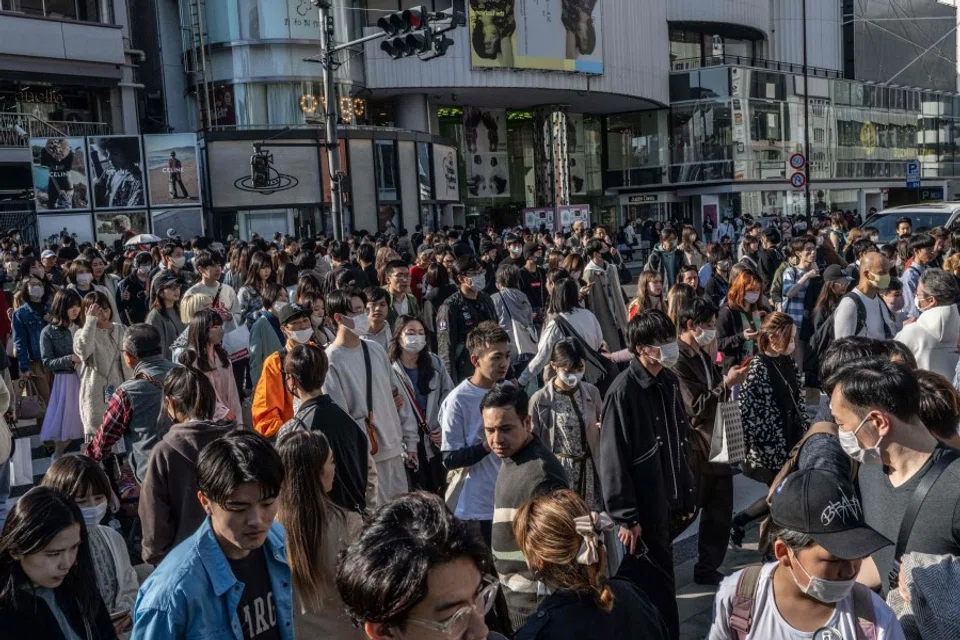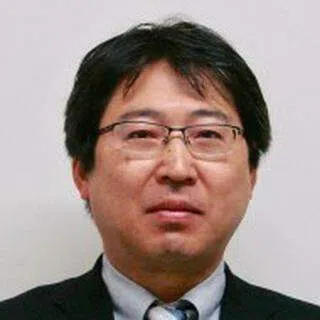Japan and China: A 'cooperative' relationship fraught with uncertainties
Japanese academic Shin Kawashima explains why despite the stated intentions, enhanced cooperation between Japan and China is fraught with challenges.

The Fumio Kishida administration has sought "cooperation" with China from the outset, despite the tensions that exist between the two countries. This approach differs from that of the Yoshihide Suga administration, which went only as far as seeking an "alliance" with China.
The use of the term "cooperation" signalled a desire to bring Japan closer to its neighbour. However, perhaps due to concerns about public opinion at home, the Kishida administration's policy toward China has been somewhat slow-moving. It is only now, in 2023, that we are seeing improved relations with China being actively promoted by the administration. This may be because Japan is looking to expand its suite of diplomatic resources, such as by chairing the UN Security Council and the G7.

At the Japan-China summit meeting between Prime Minister Kishida and President Xi Jinping in November 2022, the Kishida administration agreed to establish a "constructive and stable Japan-China relationship". Prime Minister Kishida went on to state that "while Japan-China relations face many challenges and issues as well as various possibilities for cooperation, the Japan-China relationship is now standing at a critical juncture", with "both countries having huge responsibilities for the peace and prosperity of the region as well as the international community", and that "both sides should continue making efforts to put the common understanding shared by the two leaders into practice".
Amid the increase in the number of business people and other Japanese nationals detained in China, Foreign Minister Yoshimasa Hayashi...strongly urged "China to ensure a transparent, predictable, and fair business environment..."
Economy cooperation tougher than thought
During the November 2022 summit, the leaders further shared the view that mutually beneficial cooperation is possible in "specific areas of the economy and exchanges of people", and agreed that they will encourage cooperation "in areas such as the green economy, including environment and energy conservation, as well as medical care, nursing care, and healthcare". However, the economy as the driving force for cooperation between Japan and China is fraught with challenges.
Amid the increase in the number of business people and other Japanese nationals detained in China, Foreign Minister Yoshimasa Hayashi, meeting with Foreign Minister Qin Gang on a visit to China in April 2023, strongly urged "China to ensure a transparent, predictable, and fair business environment and guarantee the safety and legitimate economic activities of Japanese companies", at the same time voicing "strong concerns regarding increased attempts to force technology disclosures and transfers of technology". This calls into question the notion of the economy as the driving force for cooperation between Japan and China.

In this context, it is noteworthy that during the 16th Japan-China Energy Conservation and Environment Forum, a public-private forum held jointly by Japan and China in February 2023, memorandums were exchanged for the establishment of 17 new cooperation projects. These relate to energy conservation, the development of new energy sources, the reduction of carbon emissions, and the environment.
While the extent to which these projects will materialise remains to be seen, the participation of Yasutoshi Nishimura, Minister of Economy, Trade and Industry, and Shoji Muneoka, chairman of the Japan-China Economic Association from the Japan side, and He Lifeng, chairman of the National Development and Reform Commission (NDRC) and Li Fei, Vice-Minister of the Ministry of Commerce (MOFCOM) from the China side, signalled a positive attitude on the part of the governments of both countries with respect to increased cooperation.
Cooperation amid tensions
At the November 2022 summit, the two leaders had agreed on the early launch of a hotline under the "Maritime and Aerial Communication Mechanism between Japanese and Chinese Defense Authorities". And at the end of March 2023, the governments of Japan and China announced the establishment of a hotline between defence authorities in order to prevent accidental collisions between Japan's Self-Defense Forces (SDF) and Chinese forces on the high seas and in other waters.
...the key issue will be whether such liaison mechanisms and cooperation can continue to function regardless of the level of tension between the two parties at any given time.

It is widely known that the Chinese and Japanese governments have increased their military budgets, enhancing their military capabilities. Tensions in the global order are on the rise and a plethora of unresolved problems abound, including the Taiwan issue. Both governments are clearly making every effort to foster cooperation by increasing opportunities for dialogue and establishing liaison mechanisms and other measures to prevent the situation from escalating. However, the effectiveness of such measures and the likelihood of cooperative projects continuing in times of strained relations are a matter of concern.
Whether liaison mechanisms fail to function when tensions rise, or whether cooperation breaks down under the slightest tension will be entirely determined by political factors. Thus, the key issue will be whether such liaison mechanisms and cooperation can continue to function regardless of the level of tension between the two parties at any given time.



![[Photos] Fact versus fiction: The portrayal of WWII anti-Japanese martyrs in Taiwan](https://cassette.sphdigital.com.sg/image/thinkchina/3494f8bd481870f7c65b881fd21a3fd733f573f23232376e39c532a2c7593cbc)

